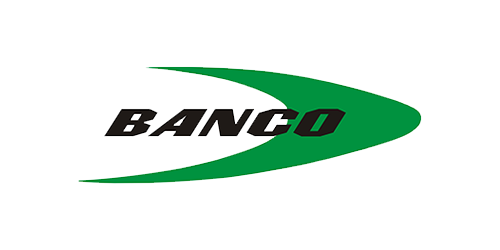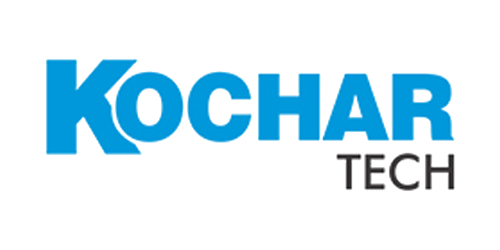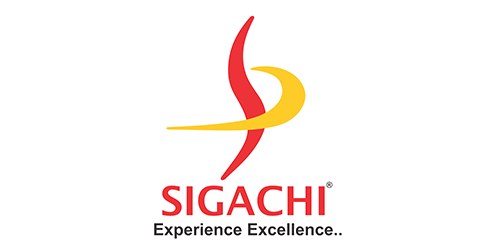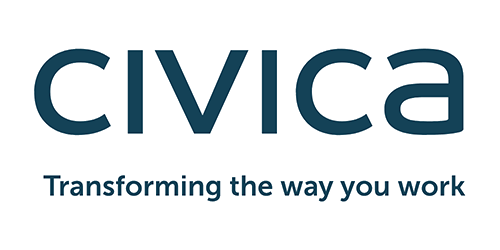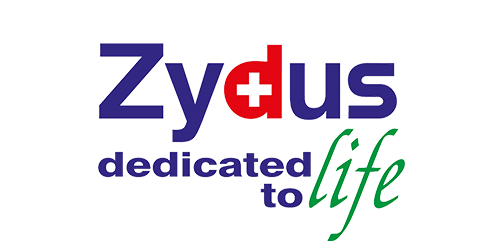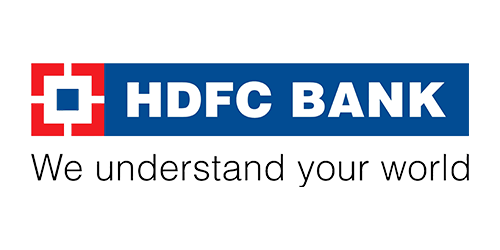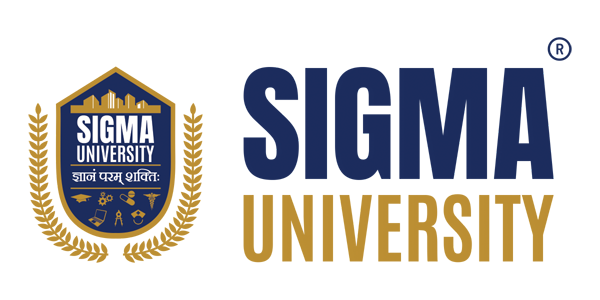
About the Ph.D. in Microbiology Program
The Ph.D. in Microbiology program delves into the intricate world of microorganisms, offering advanced study and research opportunities in various areas such as virology, bacteriology, immunology, and microbial genetics. Students engage in cutting-edge research projects, exploring topics like microbial pathogenesis, biotechnology, environmental microbiology, and industrial microbiology. The program emphasizes both theoretical knowledge and hands-on laboratory experience, equipping students with the skills to conduct independent research, analyze data, and contribute to scientific advancements in the field of microbiology. Under the guidance of experienced faculty members, students have the opportunity to publish research findings in esteemed scientific journals and present their work at national and international conferences.
Graduates of the Ph.D. in Microbiology program are prepared for diverse career paths in academia, research institutions, pharmaceutical companies, biotechnology firms, government agencies, and healthcare organizations.
Sigma University
AICTE, New Delhi & UGC, New Delhi
04 Years
• Candidate shall have passed Higher Secondary Examination (Grade 12) or equivalent stage of education
• Diploma Engineering holder will be eligible for admission in Semester-IV of the B.Tech Program and will be considered as D2D admission
As per the directives of Admission Committee. Usually from May to October every year.
July 2025
Faculty of Engineering & Technology (Sigma Institute of Engineering), Sigma University Vadodara.
10: 00 am to 05:00 pm
60
Leading Companies Hiring from Our School
Leading companies hire our graduates for their industry-ready skills, strong academics, and hands-on experience.
Highest Salary Package
Recruiters
Placements
Research Paper
Our Placement Partners
At Sigma, we shape global careers with proven worldwide placements.











